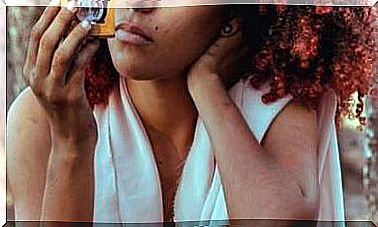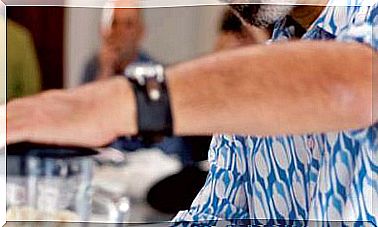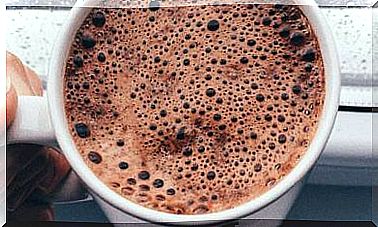Psychobiotics: Bacteria That Help Your Mental Health
The symbiosis between the human body and bacteria is so close that it reaches the realm of thoughts and feelings. It is possible to regulate them with the help of microorganisms.

The intestine is the only organ that carries inside another organ, the microbiota, which is not human – it is made up of bacteria – and also … think!
It was Dr. M. Gerson who spoke for the first time of the “second brain”, less than ten years ago, to define the set of 100 million neurons that are found in the intestinal walls and that emit ten signals to the brain for each one that receive.
How Bacteria Influence Mood
The intestinal brain produces serotonin, dopamine, and some thirty neuropeptides similar or identical to those found in the central nervous system. Up to 95% of serotonin, the neurotransmitter that gives us joy and satisfaction, is manufactured in the gut!
The enteric nervous system responds instantly to emotions. We all know that nervous stress and emotions influence the stomach and intestines. The nerves from an exam can cause diarrhea. And the person who makes us fall in love wakes up butterflies in our stomach.
The gut brain
What we are beginning to know is that what happens in the gut also influences what we think and how we feel. And that intestinal bacteria play an important role in the functioning of this second brain.
There are studies that link the microbiota with binenestar or with disorders such as depression, anxiety, addictions or autism. In some way our mind and our state of mind are also the fruit of life in symbiosis with microorganisms.
It is logical to deduce that if the microbiota is normalized, these diseases could be improved or cured. Instead of taking antidepressant drugs with a lot of side effects we could stimulate the intestinal precursors of serotonin (the production of this neurotransmitter declines with the disease).
Healthy diet for the brain
Several authors agree that a certain type of diet is associated with the alteration of the flora and psychological symptoms. It is the diet with an abundance of additives, refined flours and sugars and saturated fats, with an excessive consumption of dairy and meat products.
On the contrary, an ecological and varied diet, rich in fermented products, prevents alterations (other decisive factors are breastfeeding and frequent contact with nature).
What are psychobiotics
The concept of psychobiotic has recently been coined at the University of Cork (Ireland) to refer to living organisms that, in adequate quantities, produce a benefit on the mental health of experimental animals and people.
The point of creating specific live drugs for each disorder has not yet been reached. Studies indicate that each person has a unique microbiota composition, such as fingerprint, facial features, or genetic endowment. The psychobiotic treatment of the future will probably be individualized after analyzing the specific alteration.
Probiotic supplements with a mental effect
Psychobiotic studies have already discovered some digestive bacteria that can condition mood and psychological balance:
- Bifidobacterium infantis: increases tryptophan, the neurotransmitter GABA and serotonin. Combat sleep disorders and depression.
- Lactobacillus casei shirota: it is useful in the treatment of stress in patients with chronic fatigue syndrome.
- Lactobacillus rhamnosus: decreases hormones associated with stress. It is used to control anxiety in acute situations. Another anti-stress species is Bifidobacterium longum.
- Lactobacillus helveticus: Prevents stress-induced memory dysfunctions. It normalizes the expression of “brain-derived neurotrophic factor” that promotes neuronal survival.
- Bacteroides fragillis: it is studied as a therapy in autism because it corrects alterations in the intestinal barrier associated with this disease.
Pioneering therapists
The neurologist Natasha Campbell-McBride proposes a diet with fermented foods for autistic children and, in our country, the clinical psychologist and transpersonal therapist Jesús Mier addresses anxiety, depression or stress with “psychobiotics” or “syntropic psychotherapy”, which considers “the interaction of the gut microbiota, diet and its relationship with the brain, thought and emotions.”









